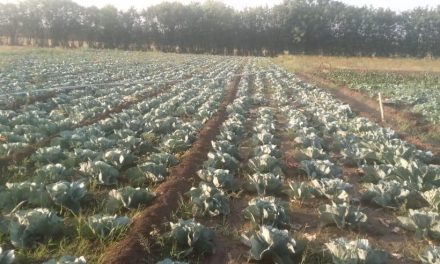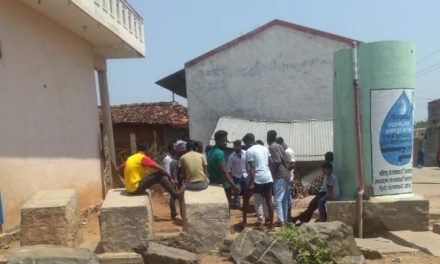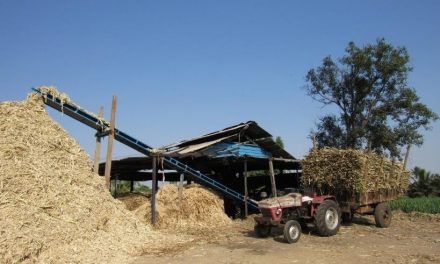EMPTYING THE VILLAGE: Villages in Mundargi taluk, Gadag District
H. B. Vaddatti
The global pandemic of the monstrous Covid-19 has created an unprecedented condition in the villages. All agricultural work has come to a standstill and each cultivator has become helpless and sits at home.
The coronavirus, born in China and spreading world-wide, has taken strides into small, remote villages in India. It has created confusion in the lives of the people. It is a tragedy in which someone has been punished for someone else’s mistake.
Agriculture
The commercial agricultural produce grown by farmers is rotting in the farms without being sold. Important summer crops like the water melon, musk melon, chikoo, and plantains etc. that were grown in plenty are rotting in the farms as the commercial facility for selling is not available. Dealers are quoting exaggerated, low prices saying that they have no request for the produce. Due to this, the farmers who have grown them have either buried them in the farms or are just distributing them to the neighbors. It is a tragic state that they are forced to leave them in the farms to rot. This has happened because the government is unable to manage these issues in times of emergencies.
Korahalli is a village in Mandaragi district. Though Imaam Sahib has grown plantains here on three acres of land, three lakhs rupees worth of plantains are rotting in the farm. If you calculate the expense that the farmer has incurred for growing them, one can estimate that he has lost nearly four lakhs with the expense of growing and the profit that he should have got. Nagaraj another farmer of the same village, has grown papaya in 3.5 acres of land spending 2 lakhs of rupees. Unfortunately due to heavy rain and strong wind, fifty percent of the trees collapsed. The other half that was harvested had no buyers and all the fruits rotted in the farm. The farmer lost lakhs of rupees. A youth farmer, Vishwanath Gadda, of another village of Hesarur who had grown water melon in three acres of land, had to abandon the fruits in the farm due to falling prices. Hundreds of such stories are making the rounds in the villages. On the one hand it is due to nature’s wrath and on the other hand it is due to the coronavirus. The crash of the market has put farming into an economic breakdown.
An interesting news is that in the village of Dambala, about a hundred farming families have left their village and are staying in their farm house or in an erected tent and are spending their days quietly working on their farms.

Migration
In every village, those who migrated to other places have gone through hell and returned to their villages. Roaming around in the villages has become very common for quite a few who have been home quarantined. About 15 percent of people have returned to their villages; and about ten thousand of them that have chosen to work away from their homes have been quarantined in Goa. They neither have work nor food. They are waiting to get back to their villages. People who have been locked down in Goa have been receiving food and grains from some ex-minister and legislators’ society. The amounts of food grains that have been sent to them are hardly enough. This is more of a tragedy.
No work, no affordability
People are sitting at home without work both in cities and villages. Those who are dependent on daily wages to feed their families have absolute need for work. The Government is giving rations to every family. Though it has been announced that organizations and institutions will also help in distributing rations, there is always a doubt as to how long this can continue? Is it possible to satisfy the requirements of a family just by providing rations? Most importantly, the Dharmasthala Manjunatha Self-help groups have completely stopped their economic activities for three weeks.
Further, it is true that provisions and other items are being sold at high prices in the villages. When there is no work and no money how will people buy provisions and other necessities? For example, it has become compulsory to pay Rs. 10 more for each item. One kilogram of jaggery that costs Rs. 40 is sold at Rs. 50. Vegetables and provisions cost extra 10 rupees per kilogram. Though the rations take their own time to arrive at the shops, it has been a blessing in the life of the people.
The above article was written in Kannada by a village resident. Translation from Kannada to English was done by Ms. Srijaya Char.






Trackbacks/Pingbacks